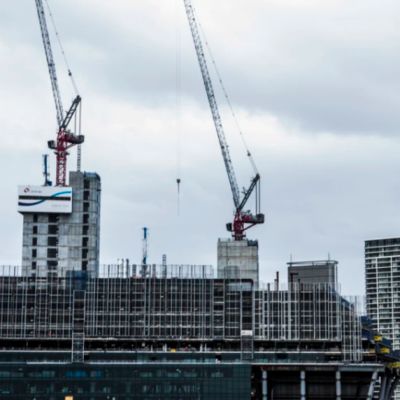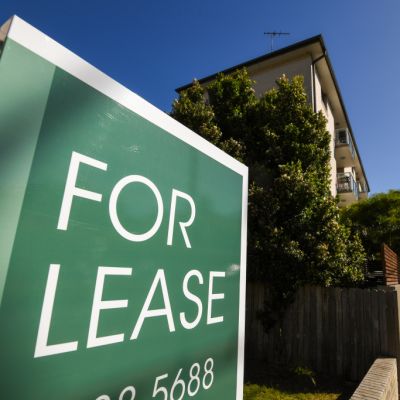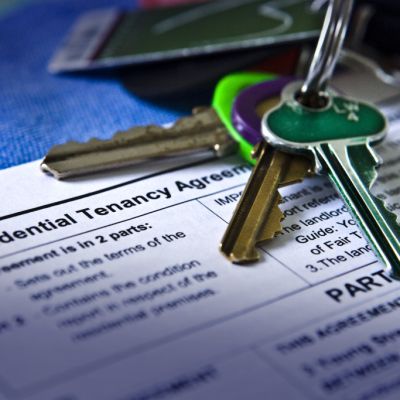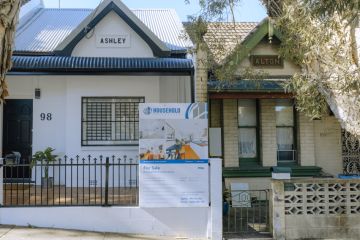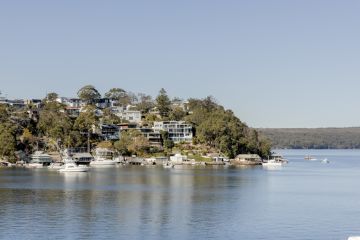Affordable housing at risk as NRAS incentives get cut amid coronavirus crisis

Affordable housing tenants across Australia could find themselves with nowhere to go this year, as key funding that supports lower rents runs out amid the coronavirus pandemic.
Thousands of low to middle-income earners could see their rents jump at least 20 per cent in the coming months, with an affordable housing incentive still set to expire despite increased demand during the COVID-19 crisis.
Industry experts say more than 4400 affordable housing properties – due to exit the National Rental Affordability Scheme (NRAS) this year and next – are at risk, and are calling on the federal government to do more to maintain the nation’s already limited supply of affordable housing.
With a growing number of Australians already finding it difficult to pay rent, Community Housing Industry Association chief executive Wendy Hayhurst said the federal government should extend support for existing affordable housing which was due to lose funding this year and next.
“Why create problems that you don’t need to create?” Ms Hayhurst said. “Amid COVID-19, people are already finding it hard to pay their rent … why not say that for next year these scheme spots are going to continue?”
NRAS was introduced by the Rudd government in 2008 and subsequently scrapped by the Abbott government in 2014. It gives annually indexed incentives to investors who offer rents at 20 per cent below market rates for up to 10 years.
Funding started to dry up in 2018, with more than 1400 properties reaching their 10-year limit. There are more than 36,700 NRAS properties across Australia, for which funding will progressively be cut off up to 2026.
With about half of these properties owned by the for-profit sector, Ms Hayhurst fears only about a third would continue to offer affordable rents, with most reverting to higher market rents.
It comes as the construction industry and welfare groups are calling for a social housing boom to stimulate the economy and help those in need, and state governments are fast-tracking affordable and social housing projects for the same reasons.
Of those properties due to exit the scheme over 2020 and 2021, close to a third are in Queensland, where even fewer properties are owned by the not-for-profit sector. South Australia will be the second hardest hit, followed by NSW and the ACT.
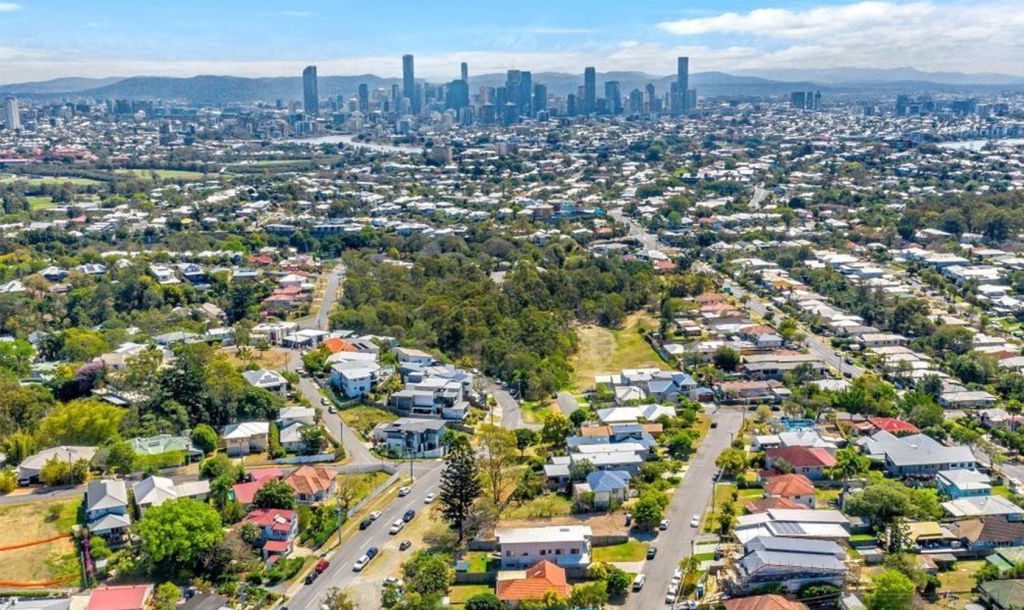
Carol Croce from the National Affordable Housing Providers, the peak body for NRAS properties, said it would cost the federal government roughly $37.4 million to extend incentives due to expire in 2020 and 2021 by one year. Additional funding from the states would also be needed.
“You’re basically keeping a house in affordable housing for $8600. You can’t build a house for that, you can’t buy a house for that, but you can keep a tenant in an affordable house for that … otherwise we’re just increasing the number of people that are going to be in housing stress.”
While the current state of the private rental market might encourage landlords exiting the scheme to continue to offer below-market rents, Ms Croce said they would not be obliged to.
She added most members of the peak body, who owned about half of NRAS dwellings, had previously indicated their decision to continue offering cheaper rents would be dependent on the market.
“At a time when affordable housing demand has never been greater, we’re winding down, so what we’re suggesting is to extend that subsidy on the dwellings during the recovery period,” she said.
Ms Croce noted those in subsidised housing were more likely to work in industries that would take longer to rebound. She added this proposal would not extend the incentives that had been given to universities – a bone of contention with the scrapped scheme – as these did not start to expire until 2022 and 2023.
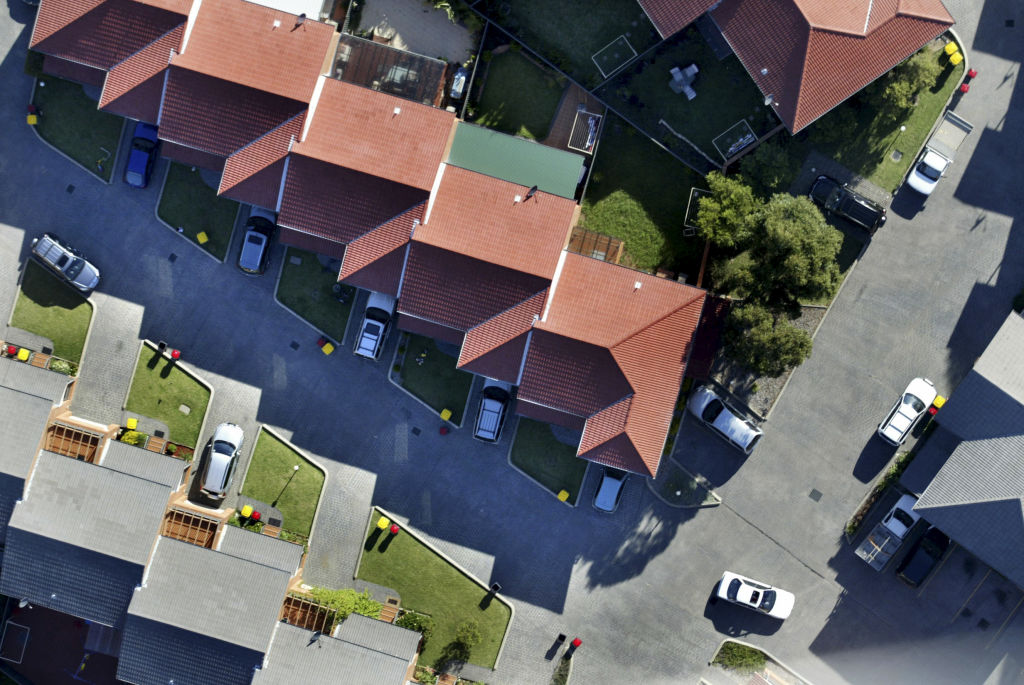
Jason Clare, the federal opposition spokesman for housing and homelessness, said the scheduled ceasing of funds would hurt a lot of people.
“The last thing that thousands of families need in the middle of a pandemic and an economic crisis is to be slugged an additional 20 per cent for rent,” he said.
When asked if there were plans to adjust NRAS in light of COVID-19, a Department of Social Services spokesperson said properties would continue to exit the scheme as scheduled.
“This was always the intention of NRAS when it was designed in 2008. Once the NRAS incentives expire, ongoing tenancy arrangements are a matter for tenants, tenancy managers and investors of the properties to manage.”
The spokesperson added Commonwealth Rent Assistance was provided to eligible tenants.
We recommend
We thought you might like
States
Capital Cities
Capital Cities - Rentals
Popular Areas
Allhomes
More
